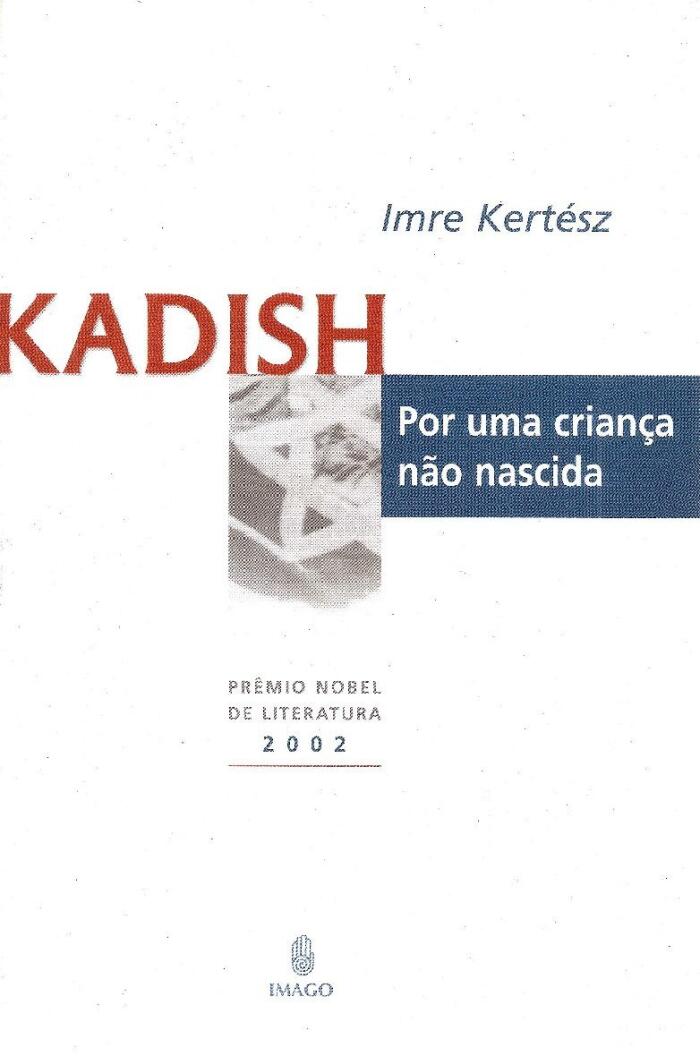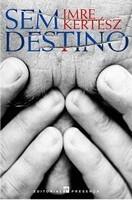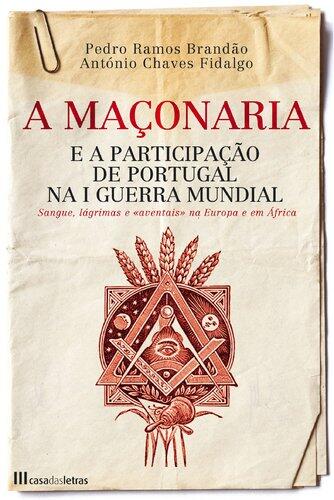
Kadish por uma criança não nascida
by:
Imre Kertész
,
Raquel Abi-Sâmara
Language: Portuguese
Format: Paperback
ISBN 10: 8531204372
ISBN 13: 9788531204371
Publication date:
January 1st, 2002
Publisher: Imago
Pages: 132
Genres: Children’s, Action & Adventure
In this poignant work, the aftermath of the Holocaust reverberates through the lives of those left in its wake. Imre Kertész, alongside Raquel Abi-Sâmara, skillfully weaves a narrative that explores the silent yet profound impact of trauma and loss. The characters grapple with haunting memories, their lives colored by the shadows of a past that continually influences their present realities.
As the story unfolds, the reader is immersed in the emotional landscape of a community that bears the scars of an unimaginable history. The delicate interplay of grief and hope emerges through the relationships formed amidst the chaos of remembrance. Each character serves as a vessel for shared stories, their diverse experiences highlighting the complexities of survival and resilience.
At its core, the narrative is a somber reflection on the failure of a future that should have been—symbolized by the idea of a child who never came to be. This notion resonates deeply, inviting readers to confront the fragility of life and the weight of generational trauma.
Through lyrical prose, Kertész and Abi-Sâmara craft a heartfelt tribute to those lost, underscoring the importance of memory and the struggle to find meaning in the echoes of history. The book becomes a meditation on existence itself, urging an exploration of what it means to carry the burdens of those who came before.
As the story unfolds, the reader is immersed in the emotional landscape of a community that bears the scars of an unimaginable history. The delicate interplay of grief and hope emerges through the relationships formed amidst the chaos of remembrance. Each character serves as a vessel for shared stories, their diverse experiences highlighting the complexities of survival and resilience.
At its core, the narrative is a somber reflection on the failure of a future that should have been—symbolized by the idea of a child who never came to be. This notion resonates deeply, inviting readers to confront the fragility of life and the weight of generational trauma.
Through lyrical prose, Kertész and Abi-Sâmara craft a heartfelt tribute to those lost, underscoring the importance of memory and the struggle to find meaning in the echoes of history. The book becomes a meditation on existence itself, urging an exploration of what it means to carry the burdens of those who came before.











